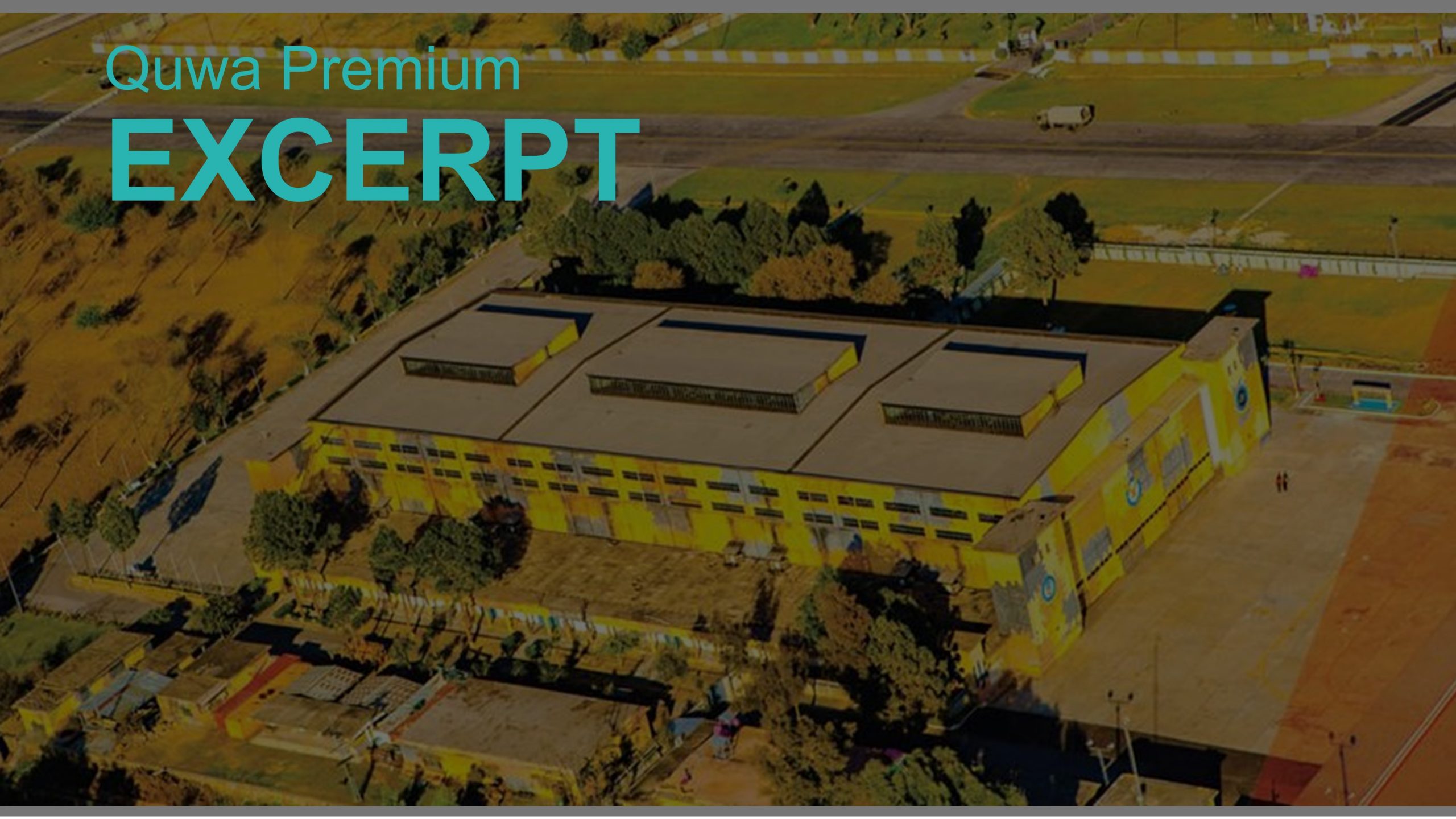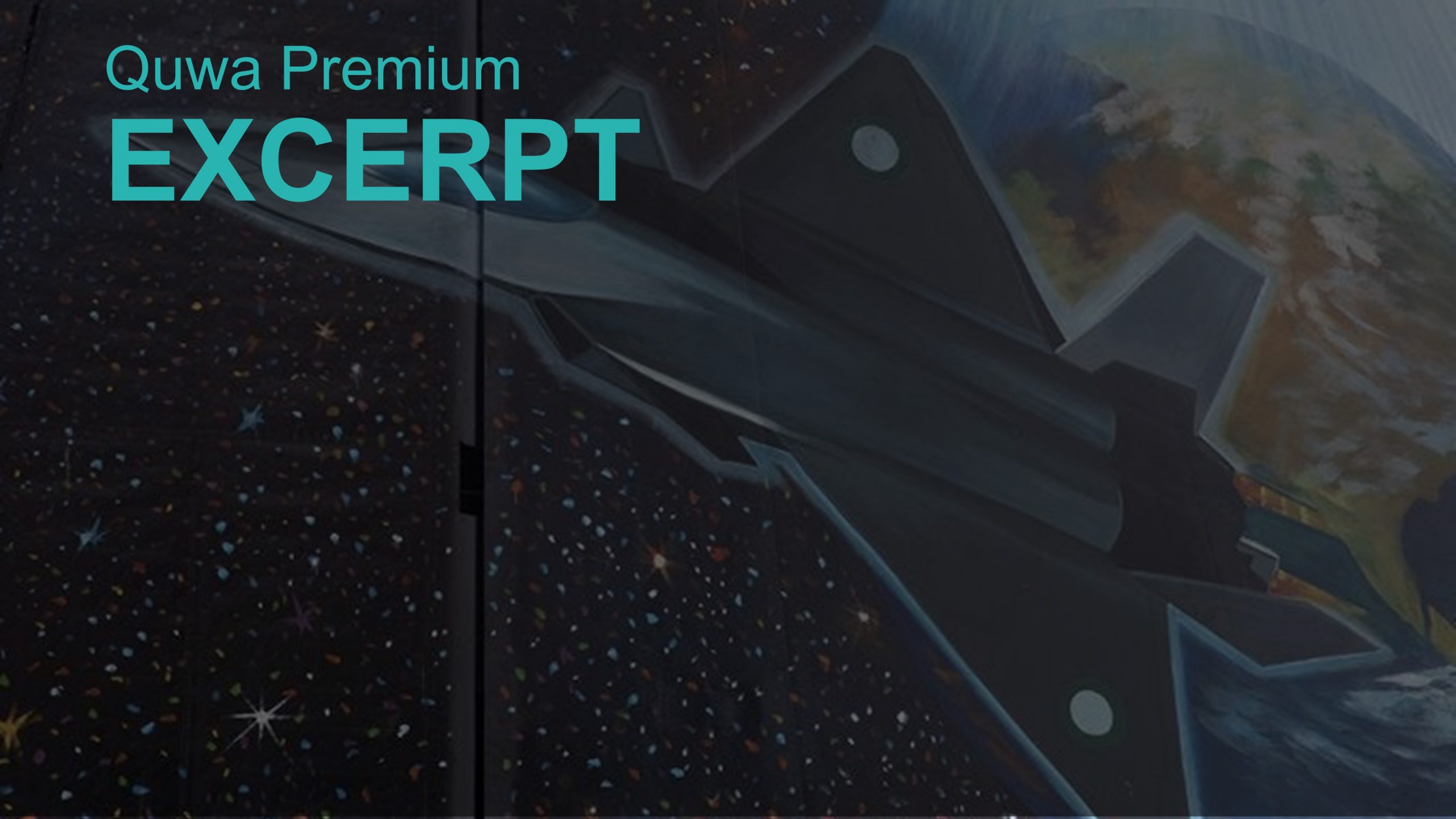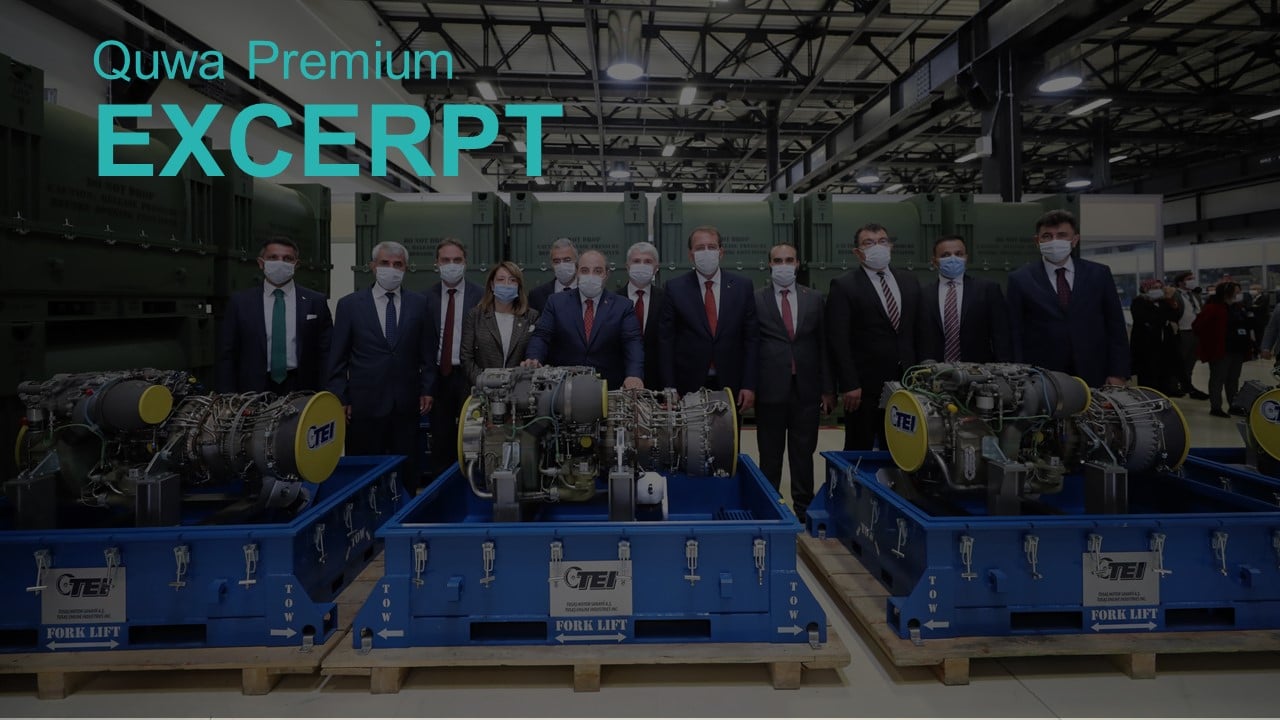2038Views

The Defense Industry: Turning Liability into Opportunity
When one thinks of Pakistan’s defence industry, they think of state-owned enterprises (SOEs) that operate under thick veils of secrecy and produce systems of a strategic nature.
In addition to strategic systems, like ballistic and cruise missiles, during the last two decades this industry has also manufactured JF-17 jets at Paksitan Aeronautical Complex (PAC) Kamra for the Pakistan Air Force (PAF) and several UAV and UCAV models at various SOEs.
However, calling what we have in Pakistan an industry is disingenuous due to the way that these organizations operate. Large sums of taxpayer money are put into these organizations and in return some, not all, of the demand of Pakistan’s armed forces are met.
Yes, there are some success stories of import substitution, notably small arms, the JF-17, and Al-Khalid tanks.
But there are also many more failures of the local industry, and these failures manifest in off-the-shelf purchases, such as VT-4 tanks, J-10 fighter jets, all types of drones, surface-to-air missile (SAM) systems, satellites, and all types of naval vessels.
It is not news that foreign exchange is an extremely rare commodity in Pakistan. Not only that, but Pakistan is losing more and more of its ability to fulfil its defence needs from foreign purchases.
It is rather shocking how many people are employed by its strategic SOEs, and, in turn, how much money must be spent on their salaries and pensions. Yet despite this colossal overhead, these so-called industries meet so little of Pakistan’s defence needs.
Some discussion of these failures is warranted.
Failures of Pakistan’s Defence Industries
We will present several examples that demonstrate the failure of Pakistan’s defence industry and attempt to understand the reasons for it…
End of excerpt. Subscribe to Quwa Premium to read the rest of this section.
The Price of Failures
As stated previously, the price paid for these failures is two-fold.
Firstly, Pakistan’s armed forces are deprived of key capabilities that they require to maintain a balance of power vis-a-vis India.
Secondly, precious foreign currency reserves end up being spent on the procurement of foreign replacements of local failures…
End of excerpt. Subscribe to Quwa Premium to read the rest of this section.
The Reason for Failures
The natural question to ask is the reason for this failure.
The reasons for these failures have been detailed in a previous series of Quwa articles.
In short, the core issue is that the incentive structure under which these organizations operate is all wrong.
They are overstaffed and given all of the funding they would need and are asked to develop systems with bare-minimum performance specifications…
End of excerpt. Subscribe to Quwa Premium to read the rest of this section.
Opportunities
The most fascinating thing about the state of Pakistan’s defence industry is that most of the ingredients are already present.
There are vast factories and R&D centers staffed with thousands of talented researchers. The missing ingredient is the right policy direction.
The impact that this change can have is massive…
End of excerpt. Subscribe to Quwa Premium to read the rest of this section.
A Path Forward
There exists a massive potential in Pakistan for turning the burden of imports into an export opportunity. What is needed is to view Pakistan’s strategic SOEs as companies that need to be internationally competitive.
Pakistan can no longer afford to dish out taxpayer money to sustain organizations that are barely productive…
End of excerpt. Subscribe to Quwa Premium to read the rest of this section.
Conclusions
Even though decades of protectionism and nonexistent incentive structure have gradually stifled the capacity to innovate in Pakistan’s strategic SOEs, there is still hope for change for the better…
End of excerpt (539, 1,878 words)
You can read the complete article by logging in (click here) or subscribing to Quwa Premium (click here).
Author Profile: Syed Aseem Ul Islam is a Research Scholar at the University of Michigan, Ann Arbor, USA, specializing in adaptive and model-predictive flight control systems. He received his bachelor’s degree in aerospace engineering from the Institute of Space Technology, Islamabad, and his master’s and Ph.D. degrees in flight dynamics and control from the University of Michigan.
For More on Pakistani Defence Issues, Check Out:
- Pakistan’s Economic Flaws Catch up to Bite Defence Needs
- NASTP: Birthing an Industry
- The Atomic Nucleus of Pakistan-U.S. Ties
- Pakistan Creates Offset Policy for Defence Imports


